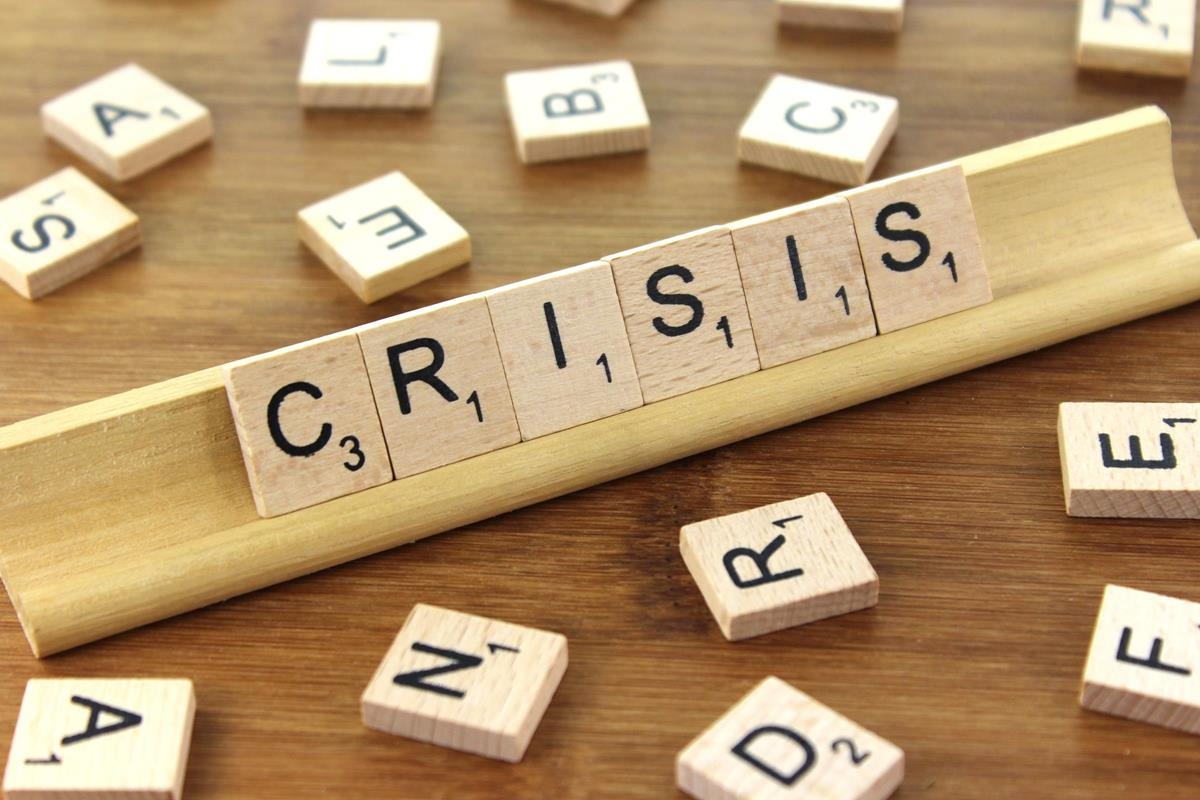Why U.S. Companies Need a Reliable Recall Response Strategy
Product recalls in the United States happen more frequently than many realize, affecting industries ranging from food and beverages to electronics, automotive, and consumer goods. In 2023 alone, the U.S. Food and Drug Administration (FDA) and the Consumer Product Safety Commission (CPSC) recorded thousands of product recalls. The National Highway Traffic Safety Administration (NHTSA) reported nearly 1,000 automotive recalls affecting over 30 million vehicles. Having a recall response strategy in place should be part of your business toolkit.
For businesses, these recalls pose significant risks—damaging customer trust, incurring legal penalties, and causing financial losses. A well-prepared contact center is a critical asset in managing recall-related customer inquiries and ensuring smooth communication during a crisis.
The High Cost of Poor Recall Management
When a recall is issued, consumers expect immediate answers:
- Is my product affected?
- How do I return or replace it?
- Am I entitled to compensation?
- What steps should I take for my safety?
Without an efficient customer service response, companies risk damaging their reputation, losing customer loyalty, and facing potential lawsuits. A well-structured contact center ensures clear communication, fast response times, and regulatory compliance—mitigating risks and keeping customers informed.
How a Contact Center Enhances Recall Response
1. Managing High Call Volumes Efficiently
Recalls generate a surge in customer inquiries. Without a dedicated contact center, companies struggle to manage the increased demand, leading to long wait times and customer frustration. contact centers with trained agents ensure smooth operations and prevent bottlenecks.
2. Delivering Accurate, Consistent Information
Misinformation spreads quickly during a recall. A centralized contact center provides accurate details on returns, replacements, refunds, and safety procedures—helping consumers make informed decisions.
3. Preserving Customer Trust and Brand Reputation
A recall can damage a brand’s reputation, but a responsive, empathetic contact center reassures customers that the company is taking action. Well-trained agents help manage concerns, reinforcing brand credibility.
4. Collecting Valuable Customer Feedback
Contact centers serve as a valuable tool for gathering insights from customers about the recall. Feedback helps companies identify the root cause of issues, improve future products, and demonstrate commitment to safety and quality.
5. Ensuring Regulatory Compliance
Regulatory agencies, such as the FDA, CPSC, and NHTSA, often require companies to communicate recall information to consumers. Contact centers help businesses stay compliant by documenting customer interactions and ensuring all inquiries meet legal requirements.
6. Providing Multichannel Customer Support
Modern contact centers handle more than just phone calls—they manage inquiries via email, live chat, and social media. This omnichannel approach ensures seamless customer communication across multiple platforms.
What Happens If You’re Not Prepared?
Without a structured recall response team, companies face:
- Customer dissatisfaction: Delayed responses lead to frustration and loss of trust.
- Negative media coverage: Poorly managed recalls can escalate into PR disasters.
- Legal risks: Failure to communicate recall procedures properly may result in fines or lawsuits.
- Overwhelmed internal teams: Regular customer service teams may lack the resources to handle the surge in inquiries effectively.
Be Proactive—Not Reactive
Product recalls are inevitable, but how a company handles communication during a crisis determines its long-term success. A well-prepared contact center ensures transparency, efficiency, and customer satisfaction, helping businesses navigate recalls with confidence.
Are you prepared for a product recall? Contact us today to strengthen your crisis response strategy.
Download our FREE Crisis Toolkit now!




